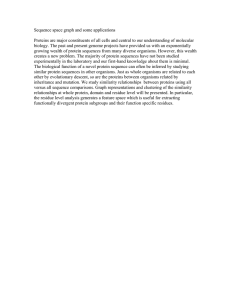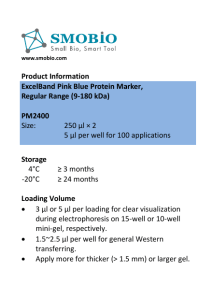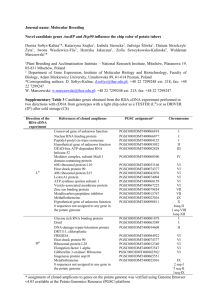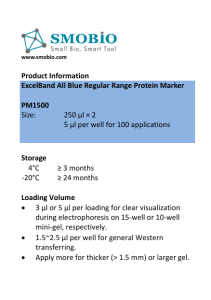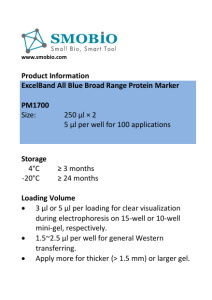5.111 Principles of Chemical Science MIT OpenCourseWare Fall 2008 rms of Use, visit:
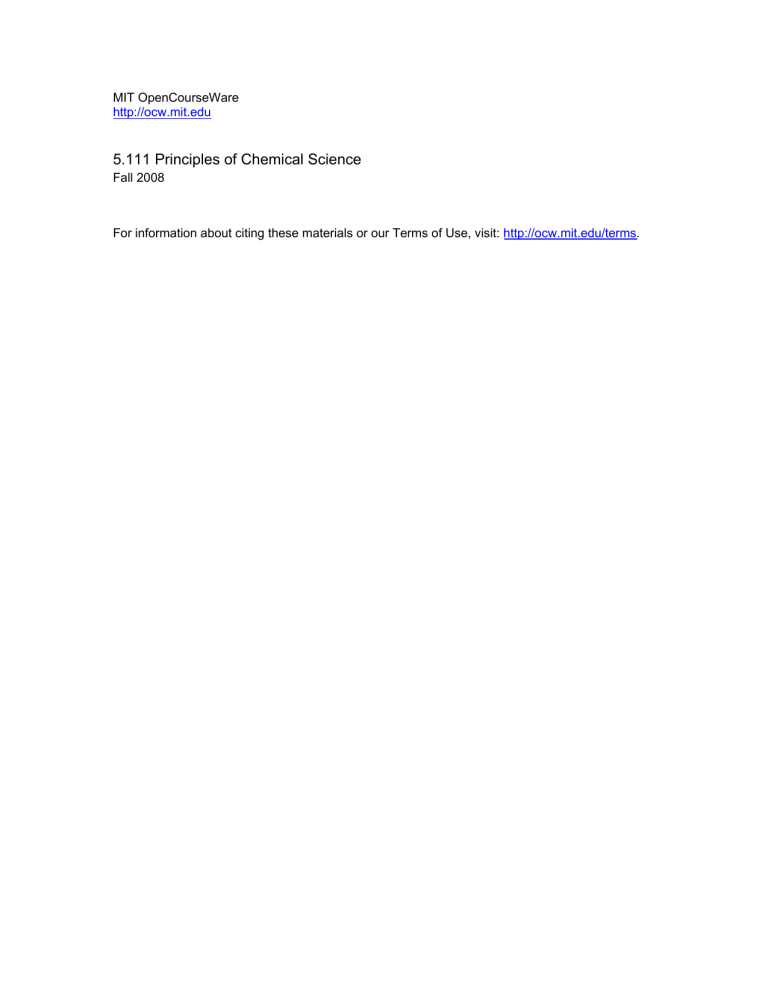
MIT OpenCourseWare http://ocw.mit.edu
5.111 Principles of Chemical Science
Fall 2008
For information about citing these materials or our Terms of Use, visit: http://ocw.mit.edu/terms .
2008 Nobel Prize in Chemistry
Discussed at the start of lecture #14 (not in notes or in the syllabus)
The 2008 Nobel Prize in chemistry was awarded to Osamu Shimomura, Martin Chalfie, and Roger Tsien for their work on Green Fluorescent Protein.
The molecular structure of Green Fluorescent Protein (GFP)
(GFP figures are from the Protein Data Base (PDB) accession number 1GFL)
The chromophore in the center of the GFP protein.
GFP is a 238-amino acid fluorescent protein that was first isolated from the jellyfish
Aequorea Victoria.
The chromophore of GFP (highlighted in magenta) is formed from natural amino acids.
This means that GFP-tags can be expressed in vivo, making them ideal fluorescent tags in biological systems.
The GFP chromophore is NOT fluorescent on its own, so the entire GFP protein must be used as a fluorescent tag. This is because the chromophore is environment sensitive and the fluorescence is quenched in a polar environment, such as water.
Protein engineering has resulted in the development of a rainbow of other GFP analogs with a range of excitation and emission wavelengths.
Figure by MIT OpenCourseWare.
For an interview with the 2008 Nobel Laureates see: http://nobelprize.org/nobel_prizes/chemistry/laureates/2008/shimomura-interview.html
